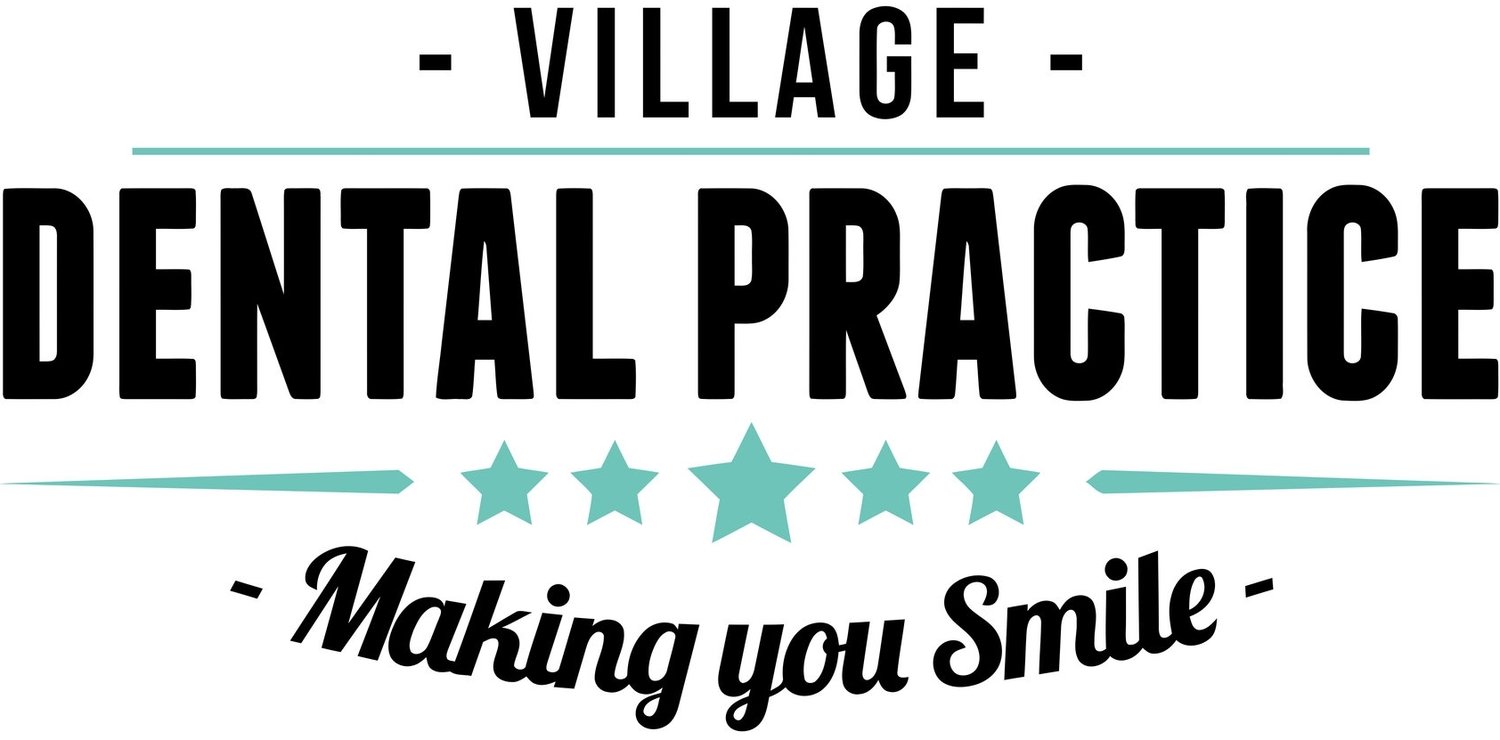Few of us experience excitement at the thought of going to the dentist - unless, perhaps you plan on becoming a dentist yourself and look forward to the learning experience, or you fancy your dentist!
The prospect of a dental visit may not be exactly thrilling, but for most of us it's a necessary procedure and we dutifully make our way there for the mandatory annual dental checkup or other dental treatment.
For some, however, the thought of seeing the dentist is so terrifying that they delay necessary dental procedures for years. In its extreme form this is known as odontophobia. Less severe, though still debilitating and unpleasant, is dental anxiety.
Dental anxiety can be a major obstacle to maintaining your dental health. It can also add unnecessary stress, even in its mildest forms.
Because we don't like to see our patients neglecting their teeth or having to deal with uncalled-for anxiety, we've put together some basic guidelines for reducing anxiety during your dental visits. And even if you don't suffer severe dental anxiety, you may still find a few ideas here that will make your usual visit to the dentist a bit less tedious.
1. Talk about it
As with many things, it helps to write your thoughts down and then to talk about them. Before you go to see the dentist, jot down the things that cause you anxiety or make you uncomfortable. Perhaps it’s the bright light, or a fear that you’ll experience pain during a procedure. Knowing what it is that is causing you to worry will help you and your dentist address the situation. Most dentists will be more than happy to discuss this with and to find ways of minimising your discomfort. After all, no dentist likes treating an uncomfortable, uneasy patient.
2. Distraction
Part of the horror patients may experience on their visits relates to an intense focus on the procedure itself. You see the tools, hear the sounds of the drill and other equipment and anxiously follow the dentist’s every move. By finding something to take your mind off of all this you’ll notice the experience becomes far less daunting. Bring along some of your favourite music to listen to on headphones or earphones. Some practices even have screens above the dentist chair for patients to watch movies.
3. Get medical assistance
For severe cases of dental phobia some dentists administer laughing gas (nitrous oxide) which help with relaxation. In more severe cases requiring longer and more technical procedures, a dentist may decide to administer anaesthesia to put the patient to sleep. But these methods are only used in rare case.
For most patients simply talking about it and finding effective forms of distraction work wonders for taking the edge off of dental anxieties. After all, dentists really don’t bite.
